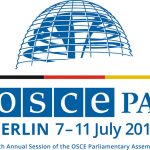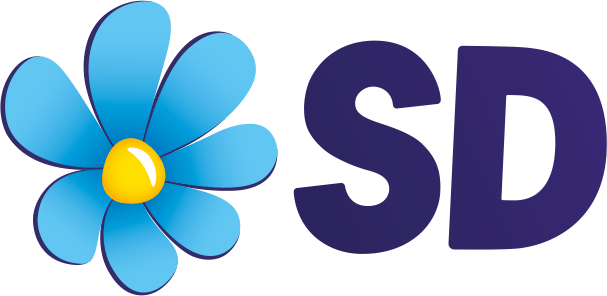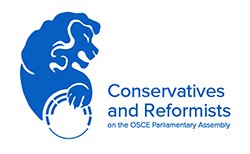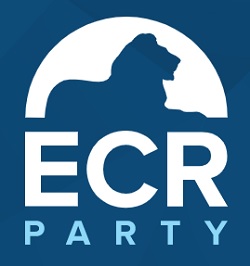 OSSE-PF Vid OSSE:s parlamentariska församlings (OSSE-PF) sommarmöte i Berlin i juli kommer Björn att arrangera ett lunchseminarium på temat hantera en digital demokrati. Detta blir en uppföljning till den resolution som Björn fick antagen vid sommarmötet i Minsk förra året.
OSSE-PF Vid OSSE:s parlamentariska församlings (OSSE-PF) sommarmöte i Berlin i juli kommer Björn att arrangera ett lunchseminarium på temat hantera en digital demokrati. Detta blir en uppföljning till den resolution som Björn fick antagen vid sommarmötet i Minsk förra året.
Vid seminariet kommer Alexander Shlyk, chef för valavdelningen vid ODIHR, och Robert Krimmer, professor i e-förvaltning vid Tallinns tekniska universitet, att delta för att diskutera frågorna om på vilket sätt de nya röstteknikerna förbättrar demokratiska val och hur vi hanterar de risker som NVT (new voting technologies) kan innebära samt hur valobservationer kommer att anpassa sig till att hantera NVT.
Inbjudan till seminariet:
”Managing a digital democracy” on the digitalization of elections
Side event, 10 July 1:30pm – 3pm (meeting room 3, S 039)
Speakers: Mr. Björn Söder, Member of the Swedish Parliament; Alexander Shlyk, Head of Election Department, ODIHR; and Robert Krimmer, Professor of e-Governance, Tallinn University of Technology
Known for increased efficiency and accuracy, digitalization has revolutionized many areas of our world. As we adapt to this change, so too does politics. With social media and cyber space as the main stage for political debate and discussion, politicians and voters have abandoned city halls and parliaments as the primary arenas of debate. Elections however remain unaffected by this change in most parts of the world. How should the methods of voting adapt to the digital world?
The advantages of new voting technologies (NVT) could be many. By using electronic means for the counting of votes, it can increase the precision and hence, produce results that are more reliable. Further, electronic voting – may it be conducted in polling stations or remotely via the internet – could yield in quicker election results, which in turn would increase voter satisfaction and lead to greater trust.
Just as there are advantages, there are risks. The security of NVT can never be completely guaranteed as external actors might temper with the results via hacking. With ”fake news” and disinformation being used to create mistrust, the need for transparency and security is more important than ever.
Another issue relevant to the OSCE is the possibility to observing these elections. The ability to observe elections is a crucial element in a functioning democracy. NVT has already been used for example in the Indian parliamentary election where several hundred million votes were casted using electronic voting machines. In Europe, Estonia, France, Switzerland and Norway have used internet voting in both local and national elections.
As the digitalized voting methods are already in use inside the OSCE-area, the topic of electronic- and internet voting should be discussed before it poses more of a dilemma than a possibility to improve democratic elections.
As a follow-up on Mr. Björn Söders resolution ”Observation of New Voting Technologies”, adopted in the Minsk declaration of 2017, we invite you to discuss this topic further.
The panel will discuss the following topics:
– In what ways do new voting technologies improve democratic elections?
– How do we manage the risks NVT:s might pose?
– How will election observations adapt to manage NVT:s?
Please let us know by July 5 if you plan to attend the event.
Lunch will be served



